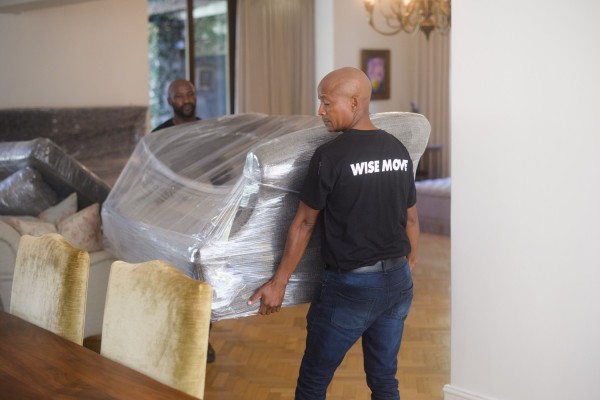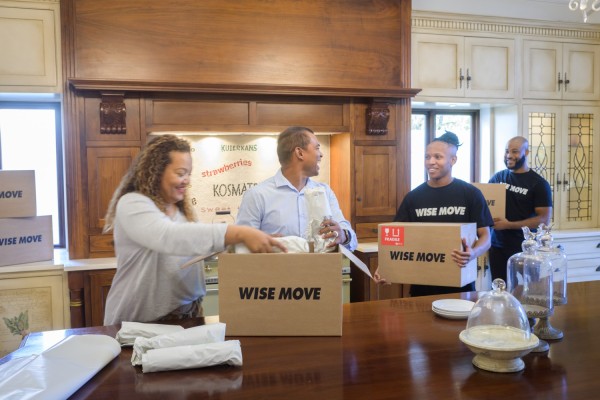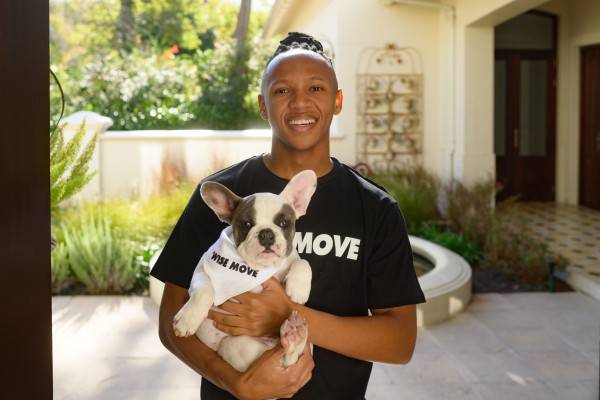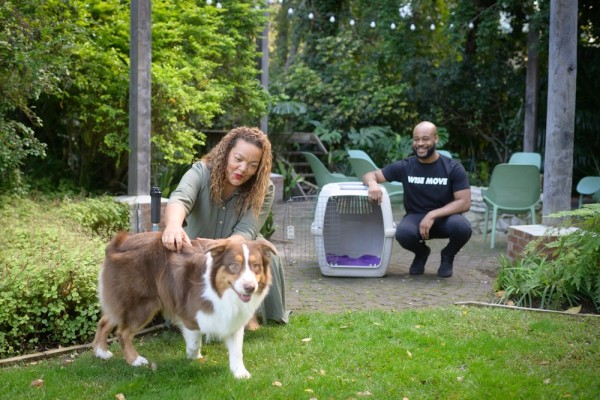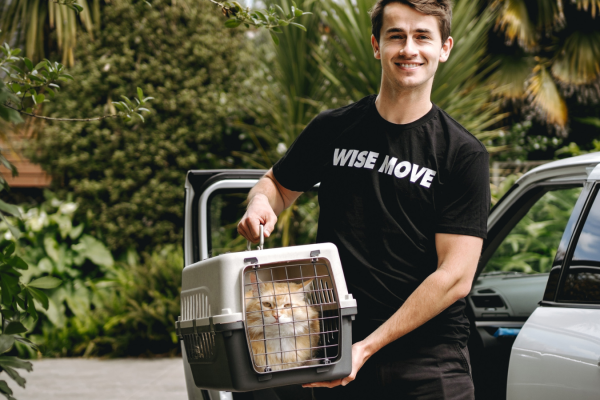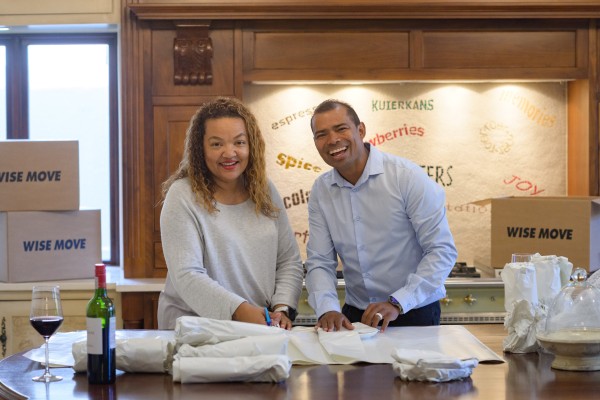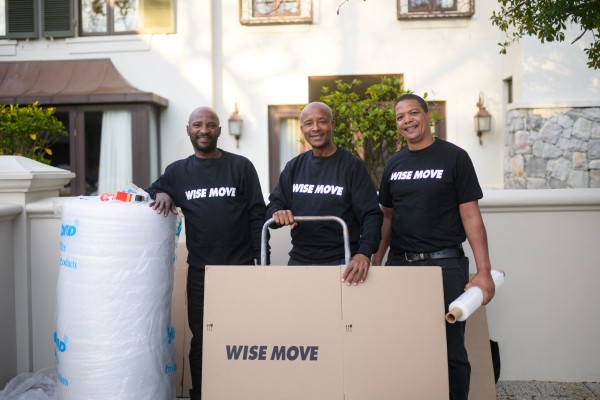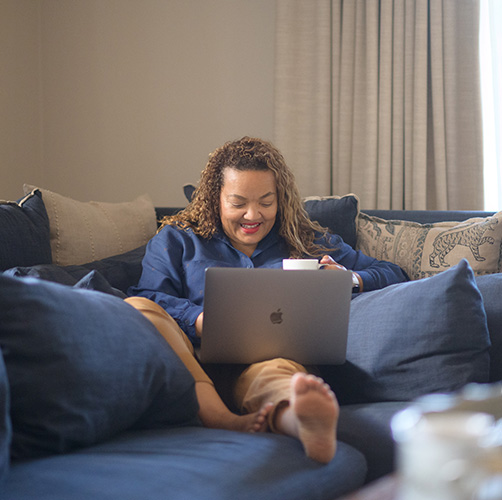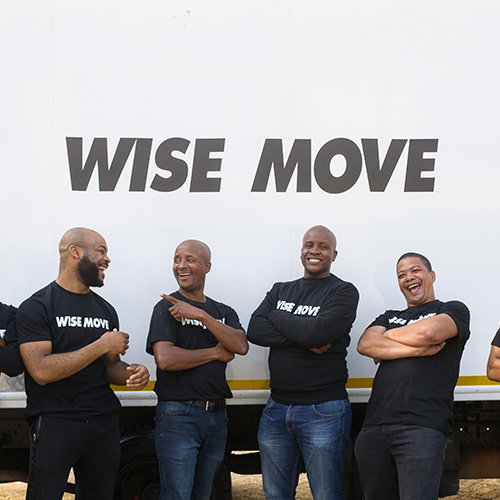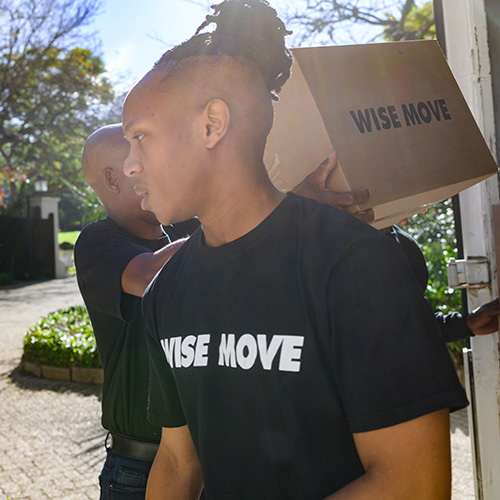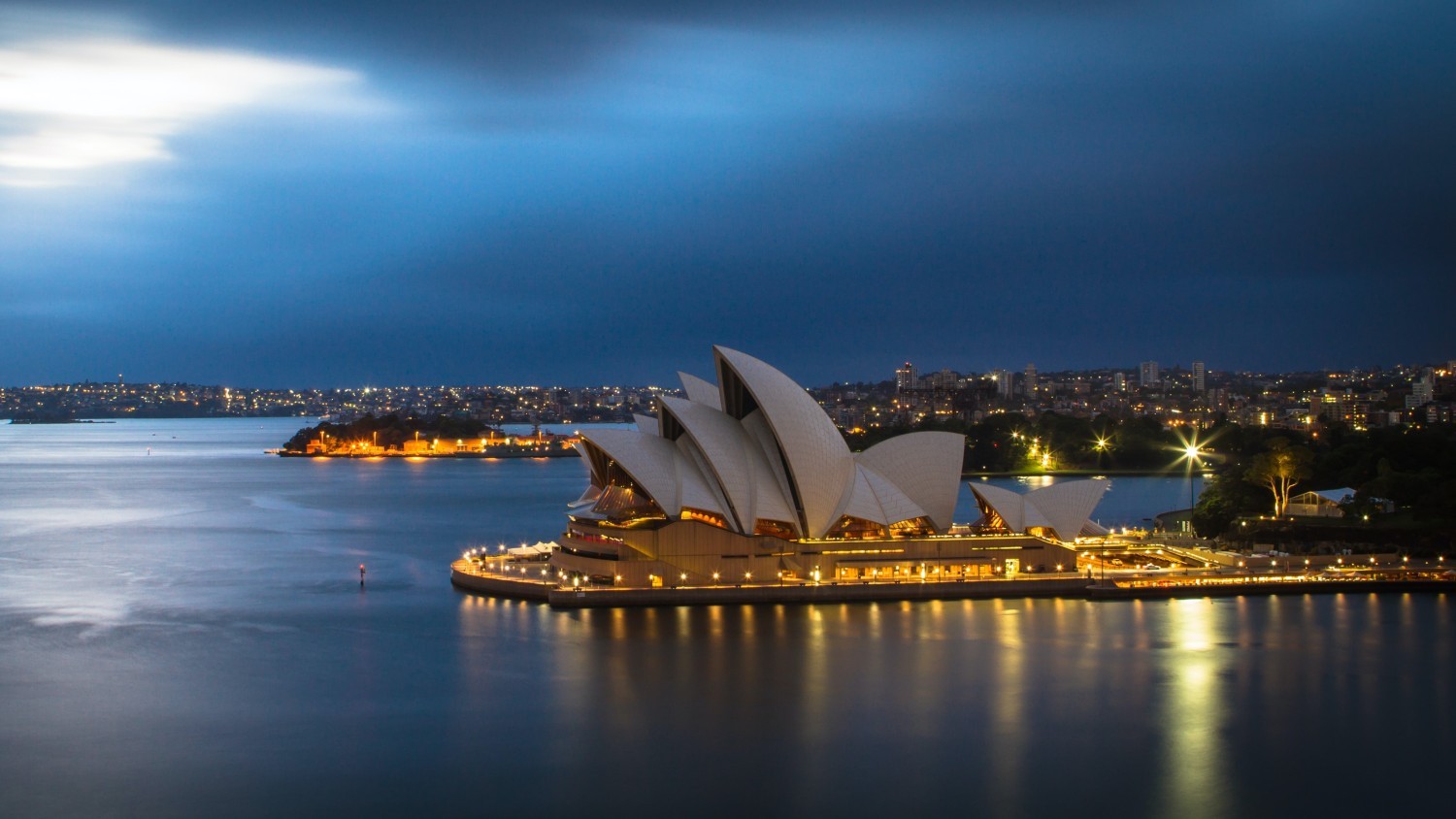
Planning to relocate to the land down under can be a daunting task. Not only because you’ll be confused by Burger King being Hungry Jack’s, but because you will be laughed at by all the neighbours when South Africa loses a game (insert sport), but there are a lot of relocated locals in Oz.
But what else is there to know about Australia besides who is in their latest team lineup?
More Information About Australia
A few points to clarify before we deep dive into the whole emmigration process to Australia:
What It Is and Isn't
Officially, the Commonwealth of Australia comprises the Australian continent; the island of Tasmania, and loads of smaller islands, not including New Zealand. With an area of 7.6 million square kilometres, Australia is the sixth-largest country in the world.
The Government
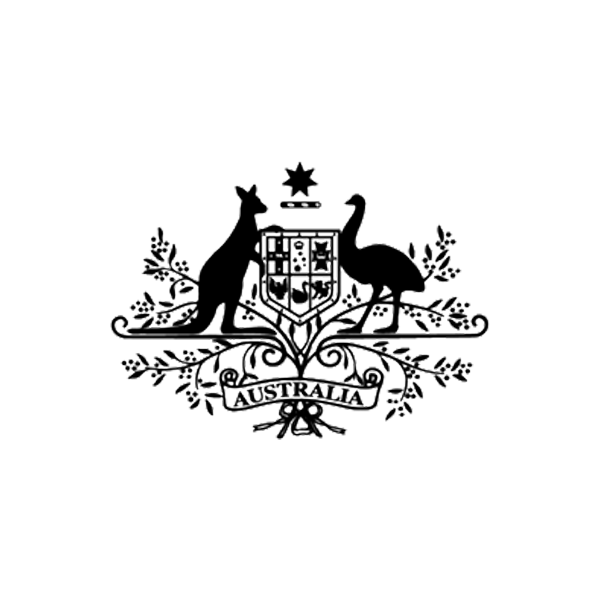
The Australian government system combines two political systems of the United
Kingdom and the United States of America, with a sprinkling of distinctive elements.
The Australian government is a federal parliamentary constitutional monarchy. This means that the King of Australia is Charles III. The King is represented in Australia by the governor general, who acts as the legal figurehead for the prime minister and the Federal Executive Council.
The Environment
The country is also well known for its natural beauty, a massive selection of native creatures, and much more.

The Economy
Australia is also blessed with natural resources and is considered a high-income mixed-market economy. It is also in the top 20 nations regarding purchasing power and, as of 2021, is the second-highest amount of wealth per adult in the world after Luxembourg.
The Debt (Be warned)
Be warned that the country has the second-highest level of household debt in the world, and its house prices are among the highest in the world.
Moving to Australia? You're Not Alone
Australia has the world’s eighth-largest immigrant population, who make up roughly 30%. So, how does one become a part of this 30%?
Visas For Australia
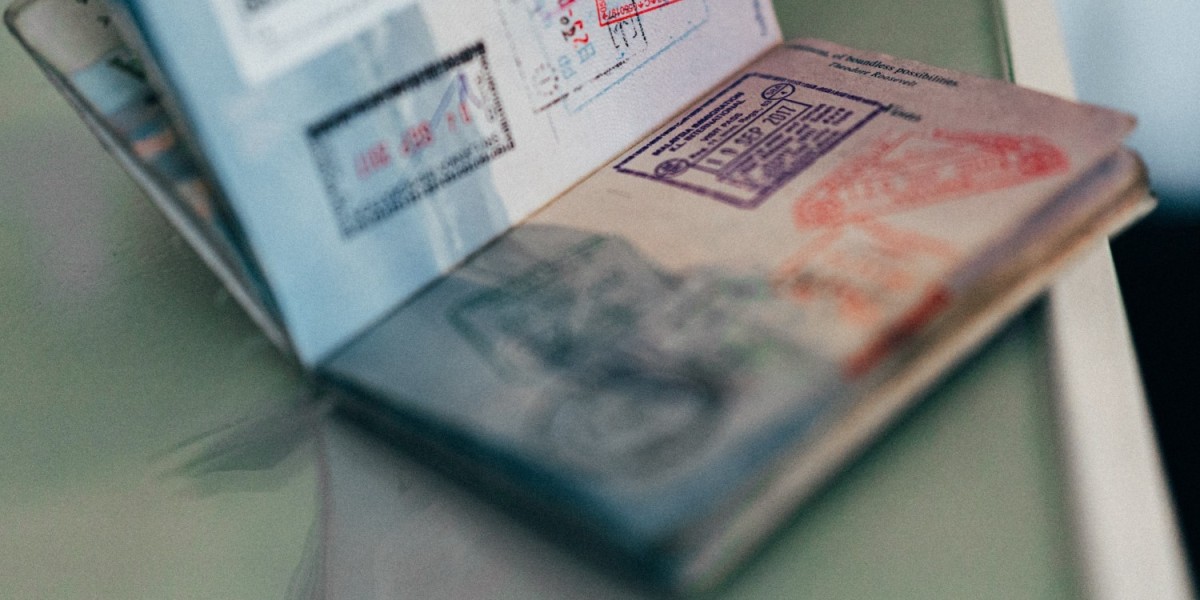
For those convinced to start emigrating to Australia from South Africa, there are several bonuses for selecting Oz as your new home. Namely, the climate is similar to South Africa and the fact it is an English country - even though there are no official languages in the country.
However, there are a few basic requirements that need to be met, namely:
-
- Have to be under the age of 45
- Skilled employment
- Possess qualifications and skills that are assessed relevant by Skills Assessing Authority
- Can speak English
- And be of good health and character
With these requirements covered, you have a few options for moving to Australia.
Working in Australia
When planning on moving and working in Australia, there are several visas you can apply for, which include:
Regional Migration
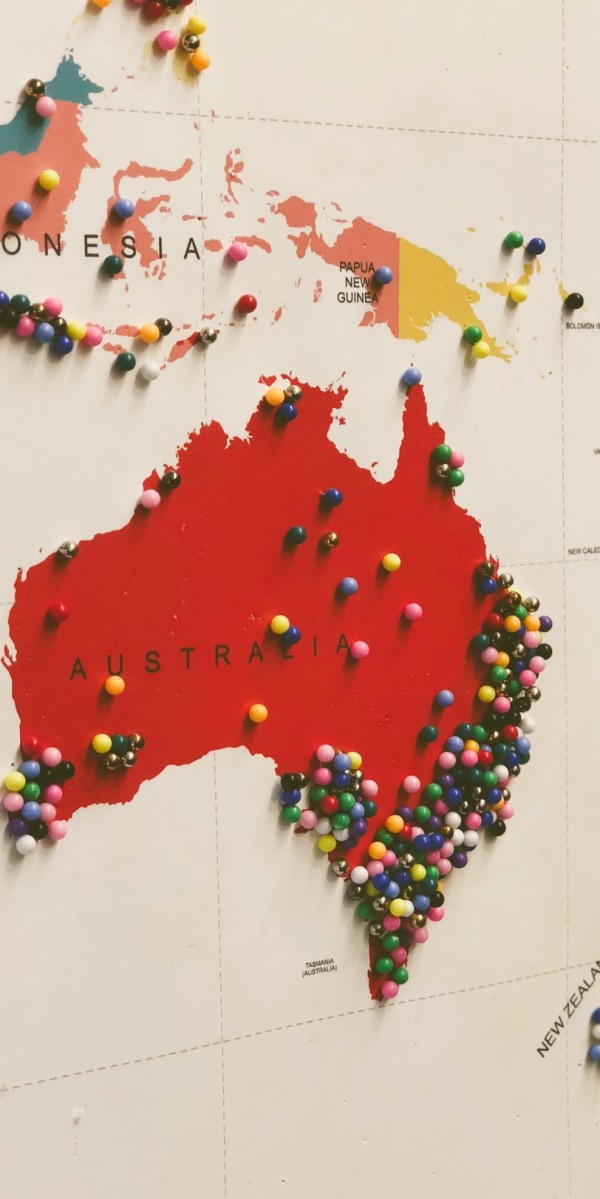
Introduced to boost regional areas, the regional migration program consists of two skilled regional provisional visas that provide a route to permanent residence.
Skilled Work Regional (Provisional) visa is for individuals nominated by a state or territory government or sponsored by an eligible family member to live and work in regional Australia.
Skilled Employer Sponsored Regional visa, which is for professionals sponsored by an employer in regional Australia.
From November 2022, the Permanent Residence (Skilled Regional) is open to those with a new skilled regional provisional visa who can prove they own a visa and live and work in an area in Australia.
These skilled workers have a vast range of professions to fill, and farmers can apply for a temporary visa while working the land in regional areas.
But what if your stay is temporary?
Temporary Skilled Visas
For those looking for a temporary visa, there are two options. These include the temporary skill shortage visa, which requires sponsorship.
There is a skilled regional visa, but at the moment, this has been closed to new applicants.
Permanent Skilled Visas
For those in it for the long run, several options are available. As mentioned above, regional visas do offer permanent skilled visas.
But for skilled migration visas, South Africans can choose between:
-
- Employer Nomination Scheme Visa
- Skilled Independent Visa
- Skilled Nominated Visa
- Skilled Regional Visas
Another route for South Africans is to choose a business investment visa, which allows entrepreneurs and business owners to continue or start trading in Australia.
Two visa options are available: the Business Innovation and Investment visa, which requires sponsorship, and the business talent visa.
There is a visa for all eventualities for South Africans planning to relocate to Australia. You can view the entire list here.
Now that you’ve narrowed down what visa to apply for let’s talk about the steps required to move to Australia.
Timeline and Checklist for Moving to Australia
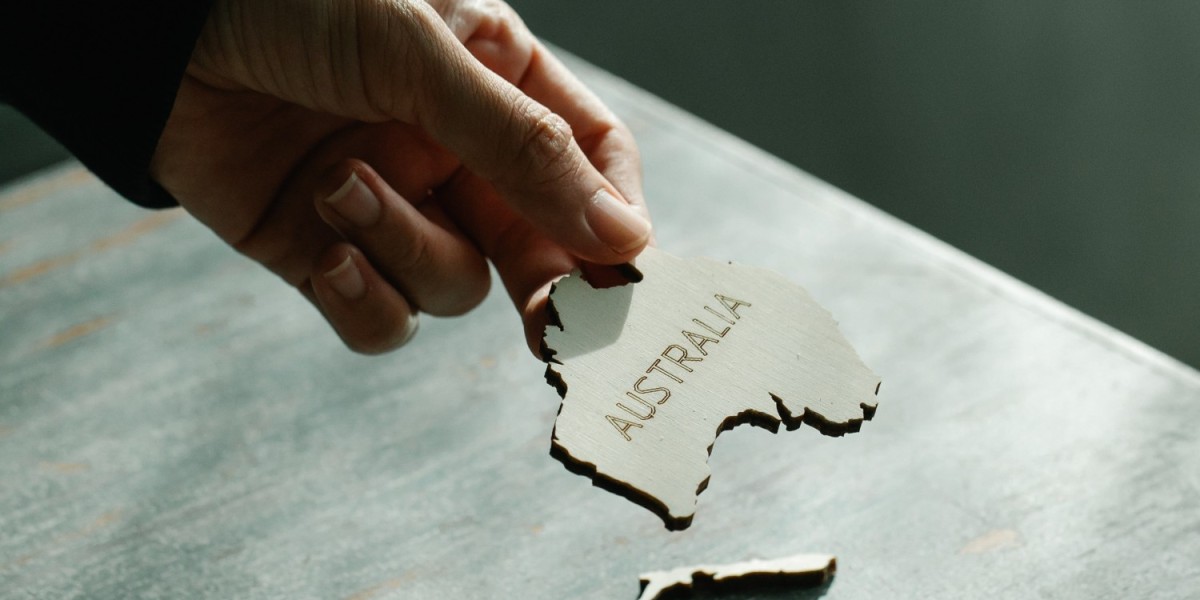
We’d highly recommend before calling a country your new home to visit as a tourist. Also, make sure that you secure a job so your new employer can assist with visas.
It’s tough to organise visas over the phone or via email.
But where should you begin your journey? Well, at least three months in advance.
Three Months Before D-Day
Visas: As mentioned, there are loads of visa options available. Be aware that when applying for a visa, you must provide access to funds and proof you have health insurance.
One central tripping element is to check if your passport is valid beyond the scope of your visa. It’s a simple oversight to make, but make sure that you check.
Accommodation: The next step is to ensure that you secure accommodation; many real estate websites will assist you in finding the perfect property. Once you have a realtor assisting you in finding a property, you will want to open an Australian bank account.
Money: When transferring your funds to the new bank, make sure you monitor the exchange rate to ensure you get the most Australian dollars you can.
Flights: It’s also time to start booking flights to your new home and researching who will insure your possessions as they are shipped to Australia.
One Month Before
New Bank Accounts: A month before departure, you will want to ensure that your Australian bank account is in order, so you can access money upon arrival.
Communication: The next step is to ensure that all communications are directed to your new phone and that you can review whether or not you’ve missed important information.
Subscriptions: One major step is to ensure that all local subscriptions are cancelled. Some contracts will require you to pay a cancellation fee, so be prepared to deal with them. Unless it's Netfix - then you can chill...
Final goodbyes: Okay, maybe not exactly what you'll expect under this heading, but it's part of it. The last element to deal with would be to notify companies, municipalities and heck, SARS, that your address will change.
This process will require loads of essential documents which should be copied, in case they are lost.
These important documents include:
-
- Passport
- Birth certificate
- Visa
- Vaccination records
- Driver's licence and international driver’s permit
- Airline tickets and itinerary
- Dentist, school, and medical records
- Get extra passport-size photographs – these may come in handy
- Tax information, including any tax identification numbers
Health Checks: Regarding your health, if you have any prescription medication, make sure to send proof to a new doctor and check if you can bring your prescription medication to the country.
Important documents: In the week before departure, ensure your luggage and important documents are limited to the essentials.
Now, after the journey to your new home, you will have a few tasks to see.
Welcome To The Land Down Under!
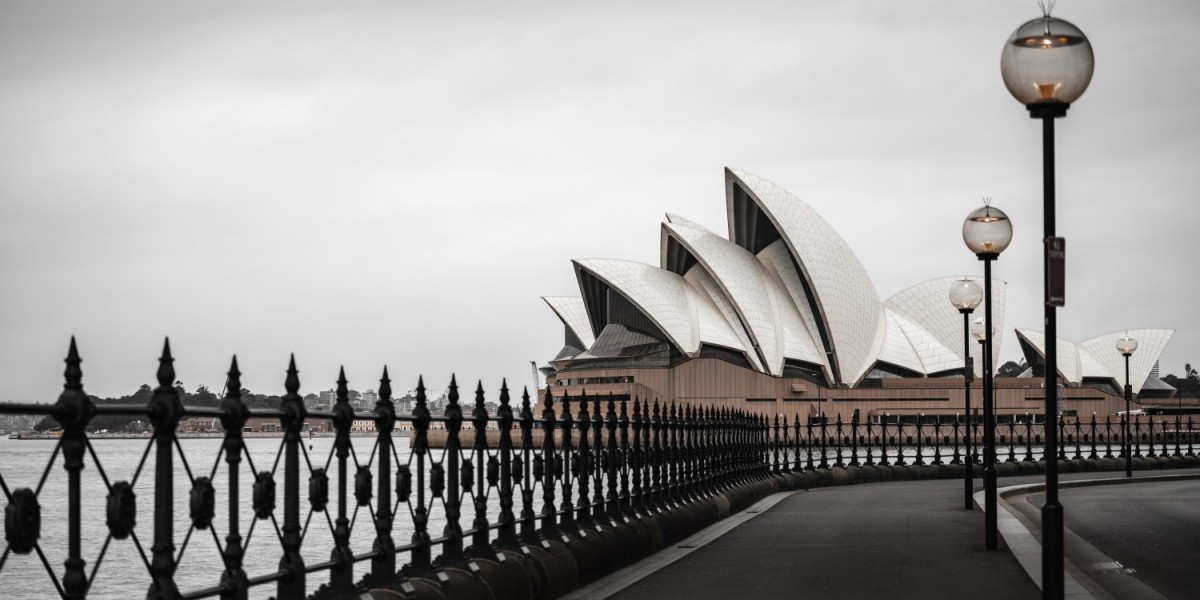
After you arrive, you will want to collect your new debit card from your new bank. When collecting this card, the documents you will need are your passport and, if you still have a tax residency outside Australia, a tax identification number.
For those planning to work in Australia, you must register for a tax file number. And with health care, you will need to register with a new medical aid and visit a driver’s centre for a new driver’s licence.
And after all this, you’ll be able to settle into your new home. In the meantime, if you need an Australian removalist to help, make sure you get the best in the business to help you unload and settle in!
Not quite ready to leave Msanzi?
If you've changed your mind and you want to avoid the venimous snakes and gigantic spiders... why not semigrate? A new community, town, or space might be like a breath of fresh air. There are so many amazing places in South Africa to live!
If you want to weigh up your options, get moving qoutes from your top local moving companies with just one request. With Wise Move, it's fast, easy and stress-free!

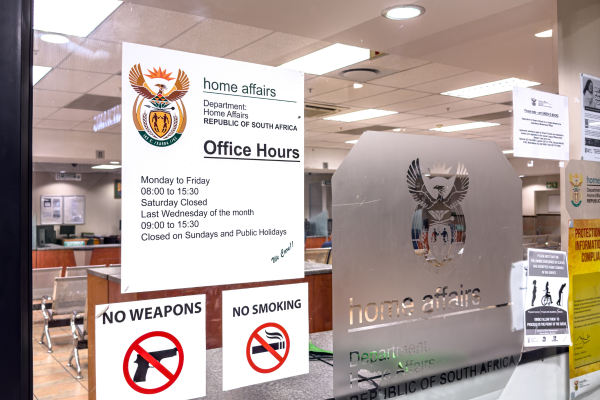

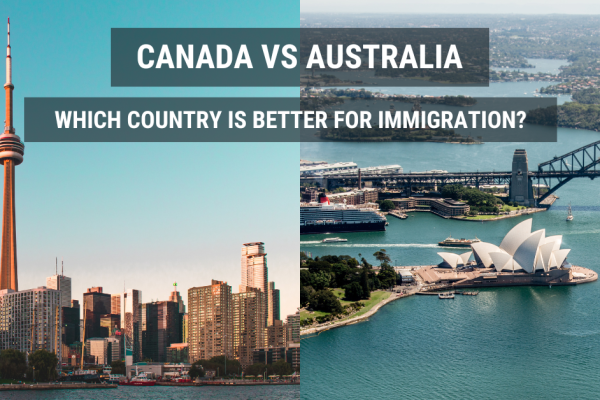
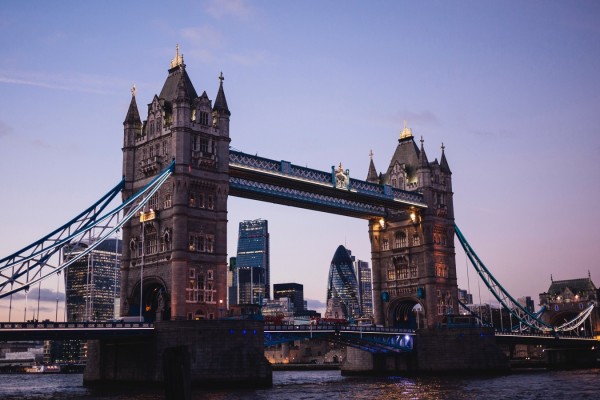
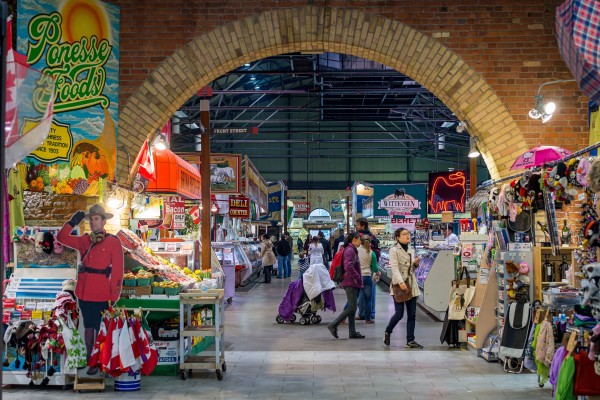
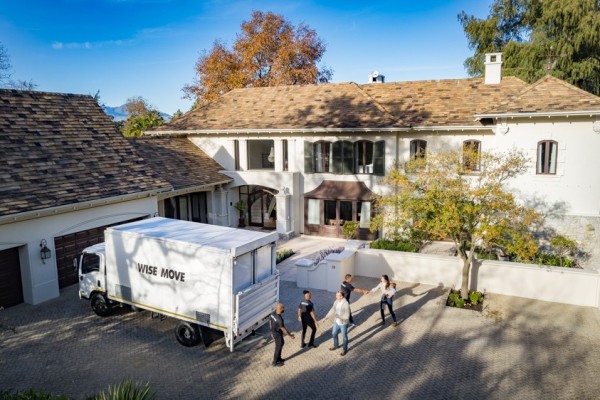
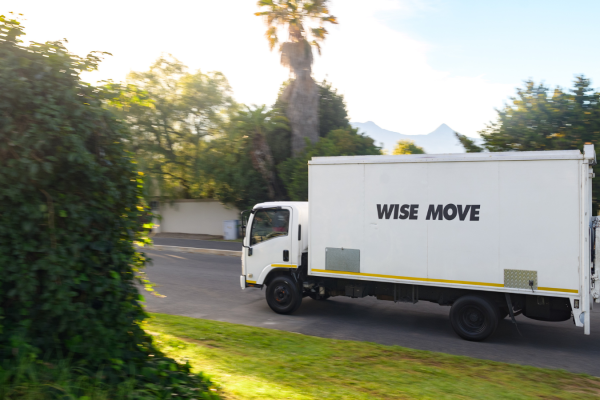
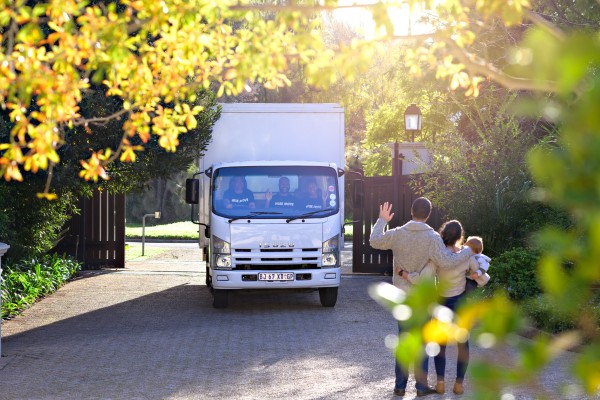
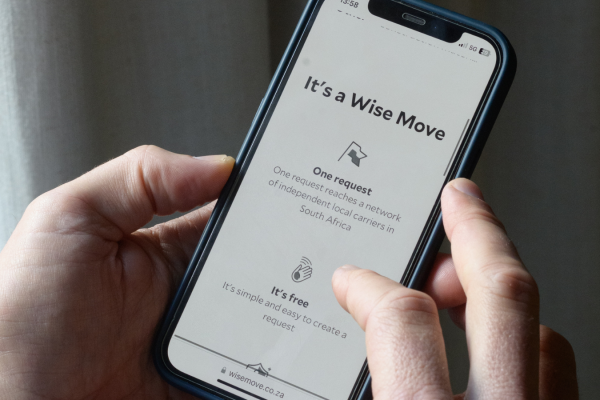

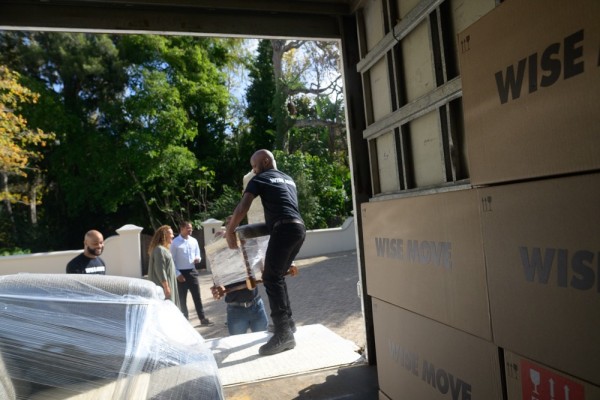
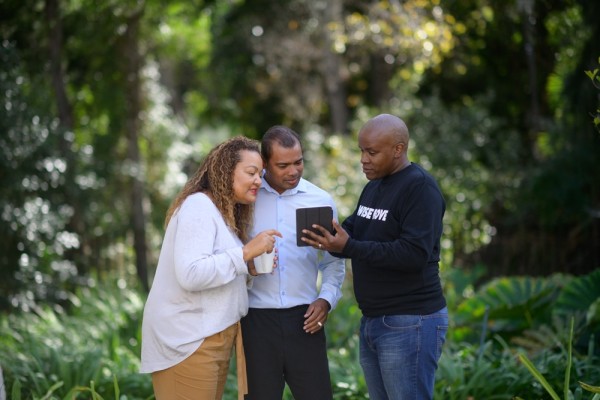

![How Many Moving Boxes Do You Need [Quick Guide] How Many Moving Boxes Do You Need [Quick Guide]](https://cdn.wisemove.co.za/image/blog/f402bbe3e47e09aa41a6d8370888b926.jpeg)
